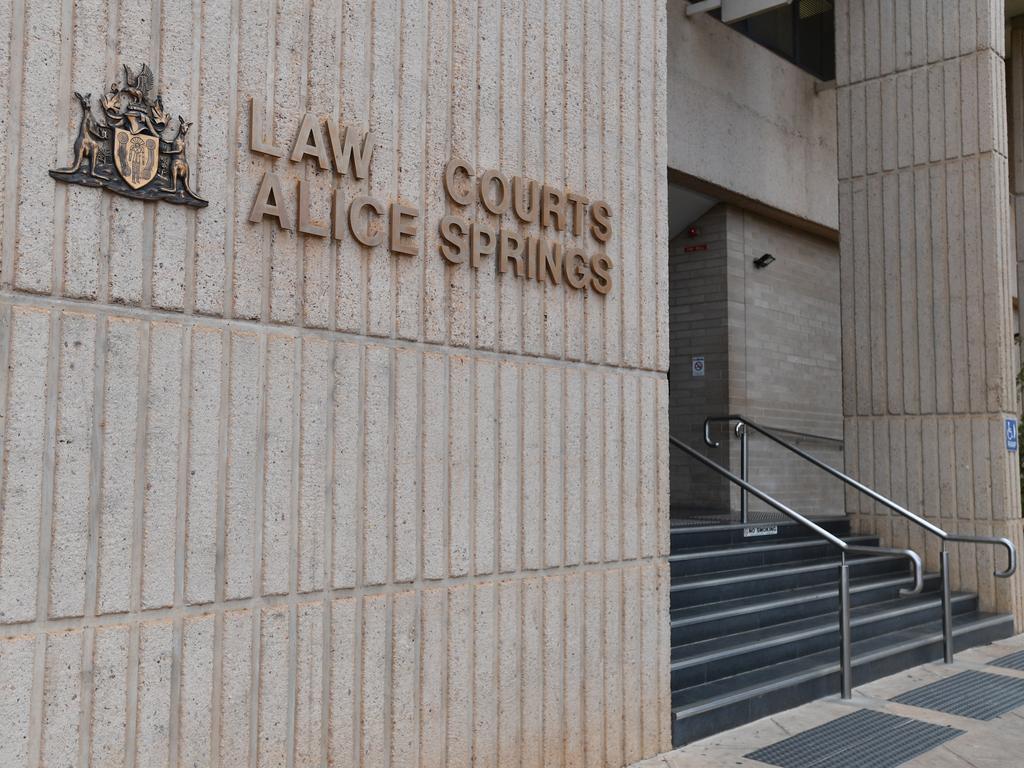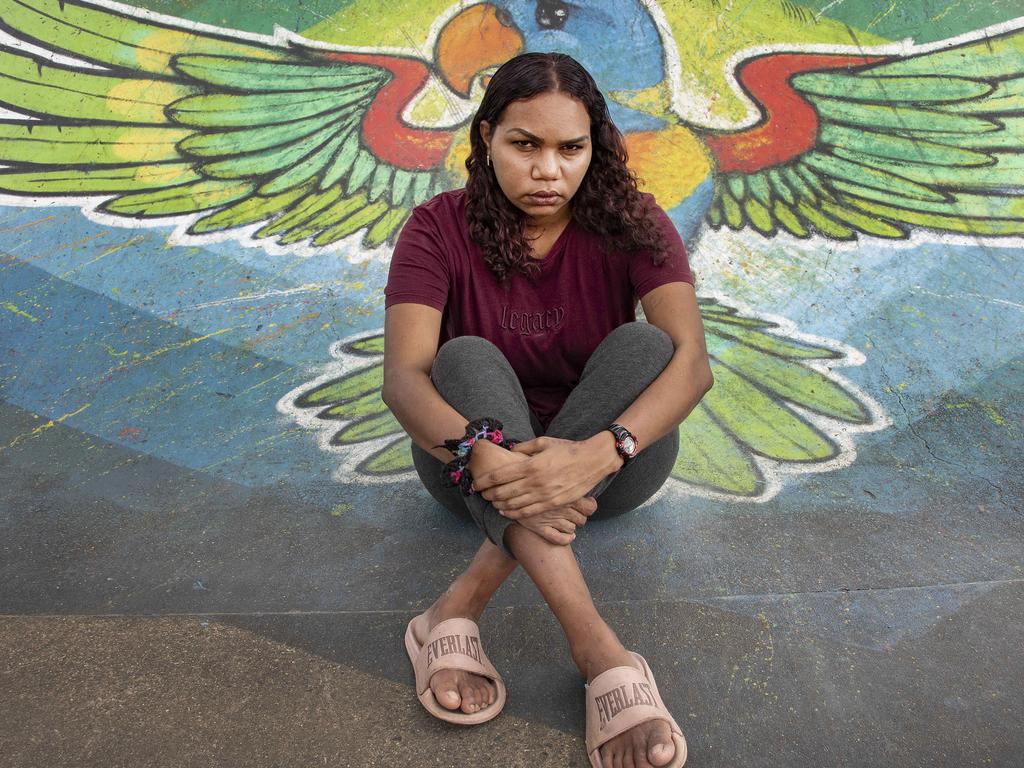Giving voice to countering violence against women
Judge Kelly says violence in Indigenous communities has many causes: unemployment, passive welfare, lack of employment opportunities, intergenerational disadvantage, intergenerational violence that normalises the behaviour, inadequate education and housing, overcrowding, substance abuse and rivers of grog. But there is also a tendency in some communities to prioritise the interests of male offenders over the interests of female victims. It is not just a culture of silence but an active silencing or attempt to silence Aboriginal women who have been the victims of violence from men. Judge Kelly says vulnerable women are trapped in a cycle of grog, unemployment and passive welfare that has taken what once might have been culturally constrained violence and turned it into an epidemic of extreme violence. From Judge Kelly’s perspective, blaming racism is unhelpful and wrong. It is a more simplistic issue of violence by men against women.
The judge’s powerful words must be a part of the conversation about a voice to parliament for Indigenous Australians. Indigenous Australians Minister Linda Burney told Inquirer on Saturday: “It is my strong belief that the agenda in the First Nations space is fundamentally about closing the gap, about health infrastructure, clean water, training additional Aboriginal health workers to work around issues of heart disease and a substantial commitment to renal health.” But she said it would be inspiring for the Australian people to see the parliament united on creating the voice. Ms Burney said the ALP did not have a fixed timeline or view of what the body should look like but it needed to be elected, it should have gender parity, and young people and the voices of Torres Strait Islanders must be represented. Deciding these details and how a voice can contribute to fixing the issues described by Judge Kelly will be fundamental to winning widespread community support.
Associate editor Chris Kenny writes on Saturday that it is implausible to argue that the national challenge can be met without representative input from Indigenous people themselves. “If domestic violence, substandard education, poor health, substance abuse and scant employment opportunities are the blights that manifest themselves in different ways in disparate communities, then the practical remedies must spring, in large part, from grassroots experience and input from those communities,” Kenny says. He posits a change that adds an obligation to consult Indigenous Australians when making laws about their welfare would unite the nation rather than divide it.
On violence against women, a united Indigenous voice that confirms the equality of all under the law and makes clear the agency of individuals, particularly women, in every community would send a powerful message. Done properly, a voice could be a demonstration of respect and reciprocal understanding. To achieve this it must rise above symbolism and win support across the political and community divides. This will be no easy task. The odds of a successful referendum are against it. The last successful referendum put by the Labor Party was in 1946, to give the commonwealth power of social services. Since Federation only eight out of 44 referendum proposals have been carried.
To succeed, the myths about what a voice represents must be exposed. Kenny argues passionately that the voice to parliament is not racially divisive, does not confer special rights on Indigenous Australians, does not constitute a “third chamber” of parliament and most certainly does not insert race into our Constitution. Rather, he says, the voice can deliver meaningful outcomes for the health, education, safety and prosperity of Indigenous communities through a reform that protects the Constitution from judicial activism, completes the landmark changes of 1967 and recognises Indigenous Australians in our nation’s foundational document. Kenny says the voice exemplifies our visceral concept of a fair go.
If Australians can be persuaded to accept these things as true, they surely will be prepared to embrace constitutional recognition of the world’s oldest living culture with a sense of pride. But unless greater responsibility is taken to address the problems faced by young women such as Ruby and the issues raised by Judge Kelly, the legacy for everyone involved will be one of enduring shame.




Northern Territory Supreme Court judge Judith Kelly has sounded the alarm on violence against women in Indigenous communities. The message from the bench is as confronting as the story of Ruby, published in The Weekend Australian last week, that prompted Judge Kelly to speak out. Judge Kelly has gone public not because of shock about Ruby’s plight but because of her lack of shock that a young woman would be raped and bashed by her father who was fresh out of prison and blamed by her community for speaking out against him.